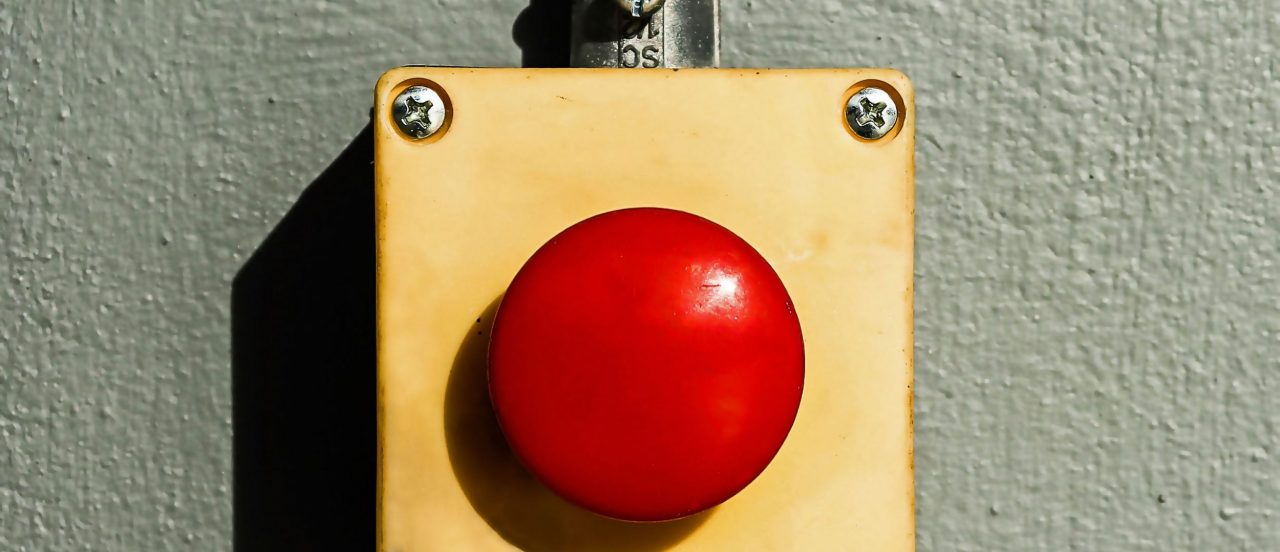Interim measures are cease-and-desist orders that can be issued when there is an imminent risk of serious and irreparable harm to competition. The adoption of the European Regulation 1/2003 has extended their scope to embrace the harm to competition, making it possible for the European Commission to seek interim relief, in case of harm to consumers. This gives the impression that interim measures are appropriate to deal with Coronavirus price gouging. However, this article will show that as interim measures currently stand, there are significant constraints on the ability of the European Commission to take interim measures in price gouging cases.
By Penelope Giosa1
I. INTRODUCTION
During the coronavirus (COVID-19) pandemic, the price of products in high-demand, such as face masks and sanitisers, has been heavily inflated. As firms are struggling to cope with the high demand and fluctuations in their costs, governments and the general public urge National Competition Authorities (“NCAs”) and the European Commission to lead the fight against firms charging excessive prices to consumers.2 In the same vein, Commissioner Vestager stated that the European Commission will stay even more vigilant than in normal times if there is a risk of virus-profiteering and that COVID-19 should not be a shield against competition law investigations.3
In this context, it has been suggested4 that NCAs should take prompt action against firms’ price hikes through interim measures,
...THIS ARTICLE IS NOT AVAILABLE FOR IP ADDRESS 216.73.216.116
Please verify email or join us
to access premium content!

